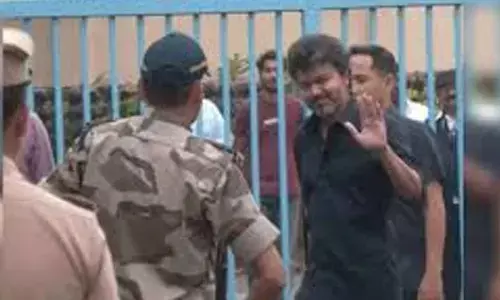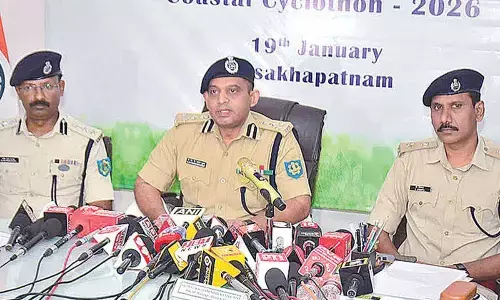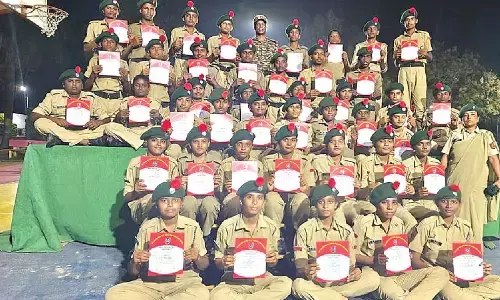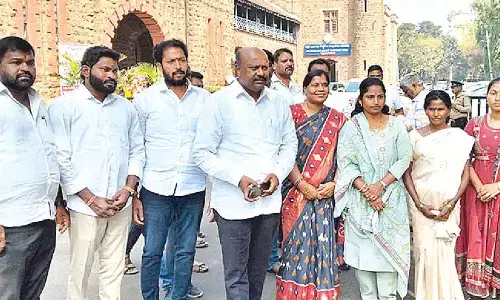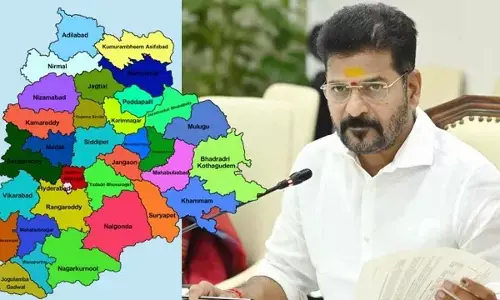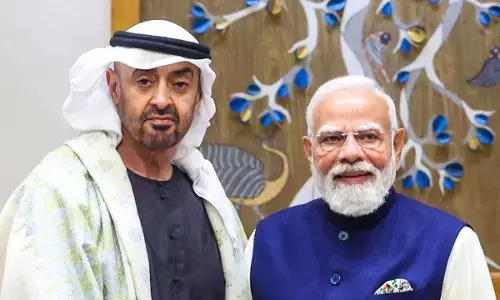MCI must act seriously
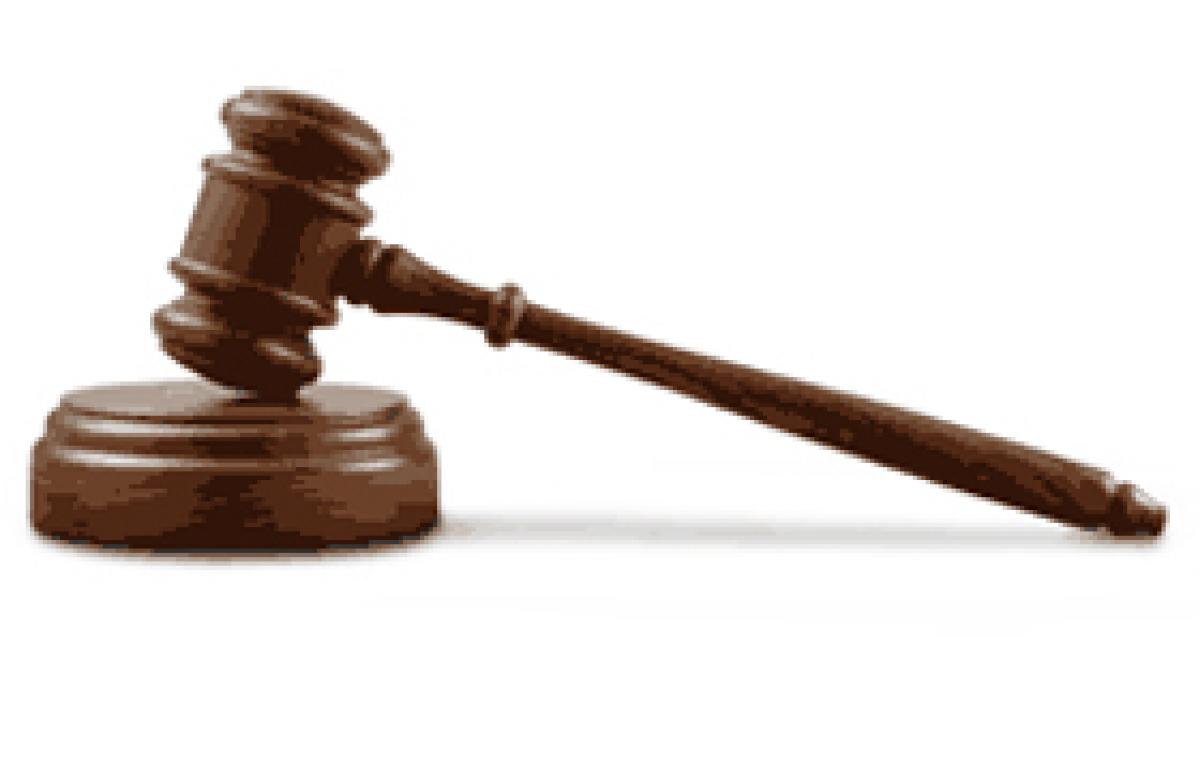
MCI must act seriously. The common man in India, and not without cause feels intimidated by the system and often suffers a cynical withdrawal symptom.
.jpg) The common man in India, and not without cause feels intimidated by the system and often suffers a cynical withdrawal symptom. In a system governed by the Rule of Law and with this as a guiding principle of our civil society it is a unhealthy staring contradiction that warrants systemic sensitivity and change.
The common man in India, and not without cause feels intimidated by the system and often suffers a cynical withdrawal symptom. In a system governed by the Rule of Law and with this as a guiding principle of our civil society it is a unhealthy staring contradiction that warrants systemic sensitivity and change.
Power of the man at the counter syndrome may be from the guy at the film theatre, to the guy at the parking lot who yields the stick to the guy who gives you a platform ticket or a long distance railway ticket, a sense of brewing hostility is discernible. When it comes to professionals and their accountability the challenge is even more.
To further the instance it is rare that complaints against professionals especially doctors and lawyers find corrective policing by their statutory professional bodies. The institutions under the RTI are on an initial overdrive and the Consumer Fora often display a sense of condescense while granting relief.
In this context a recent verdict of Justice SV Bhatt is relevant and important. He was dealing with a case of medical negligence against a gynaecologist and an anaesthesiologist leading to the death of the wife of another doctor.
While the complaint before the state Medical Council proceeded at a speed that would give snail a superiority complex , the Medical Council of India proceeded to act upon a representation as if it were an appeal without withdrawing the matter from the jurisdiction of the state Medical Council.
Faulting the professional bodies Justice Bhatt said, “This Court has considered the findings/consideration recorded by the Medical Council of India and the State Medical Council. The findings are contradictory and not as per the procedure stipulated under the Regulations 2002.
While the state council would exonerate the lady doctor it would censure the anaesthesiologist. The MCI on the other hand would ban both for a year.” Sounding the right note the judge said, “The abstract prescription of guilt or exoneration by the Ethics Committee or Peer Group without diagnosing the alleged negligence with modern tools of medicine defeats the object and purpose of Regulations 2002.
The negligent act by an individual or professional in a society governed by Rule of law provides means to vindicate against the negligent act or maintain an action against the perceived negligent act. The object of Regulations 2002 is to maintain the professional standards and ethics by the medical practitioners.”
Drawing a parallel with the remedies under the common law Justice Bhatt pointed out that under the special law, “The consideration of a complaint by first and second respondents has greater scope and object. The object of Regulations 2002 is to examine and ensure professional standards etc. by a Registered Medical Practitioner.
The first and second respondents are endowed with such responsibility of implementation of Regulations,” he stressed suggesting that the role of the Medical Council was far more sensitive than the common law courts.
He said that it was the duty of these committees to independently and objectively enquire into complaint against a medical practitioner and at the same time protect the medical practitioners from frivolous and false complaints.
Faulting them for their failure he pointed out, “A group consisting of specialists entrusted with the responsibility of maintaining professionalism, ethics, misconduct ought to exhibit in-depth analysis of complaint against a medical practitioner the explanation of the medical practitioner whether exonerates him of negligence and thereafter, suitable findings are recorded on misconduct/negligence of a medical practitioner.
Therefore, to balance the contradictory claims viz., alleged negligence and professional deligence exhibited by a medical practitioner, the decision making process of Peer Group or Ethics Committee must discern the cause, complaint anddeligence exhibited by medical practitioner in a dispassionate manner to ensurefairness to both parties standing before the committee.”
The judge may well have set aside the illegal orders of the Medical council but conscious of the sensitivity he ensured that the quashing of the order was not the final act. He remanded and rightly the matter to the MCI to reconsider the entire issue in accordance with law and hopefully with the stated sensitivities.
Jus. Bhatt’s order could well be a wakeup call for disciplinary committees of professional bodies to take their statutory jobs a bit more sensuously and not be perceived as playing favourites with their professional colleagues.
By L Ravichander








